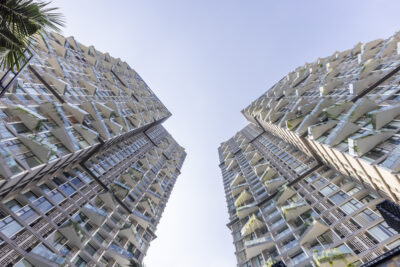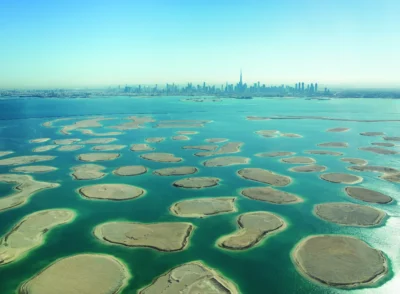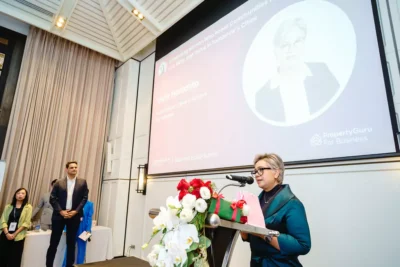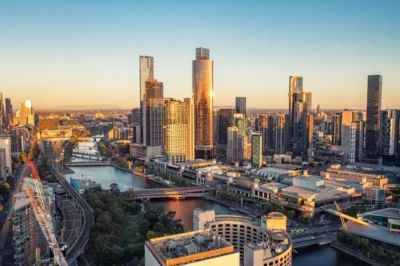More than the trade war, protests drive pessimism over Hong Kong property
Medium-term outlook for the Chinese SAR deteriorates
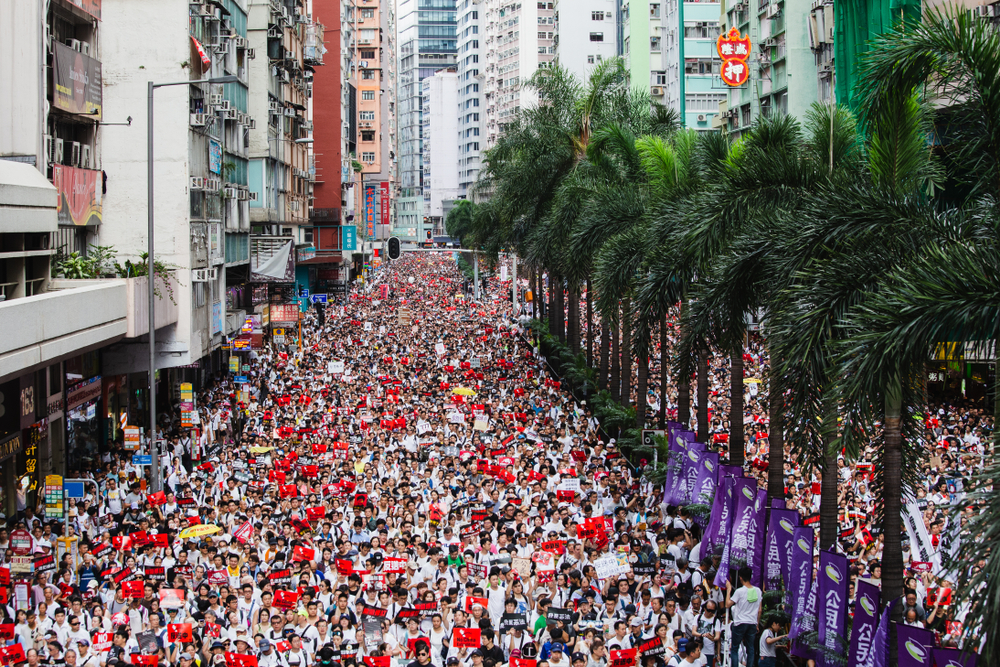
While the China-US trade war remains one of its headwinds, the Hong Kong property market is more concerned about disruptions caused by political demonstrations of recent months.
Ongoing political unrest emerged as the main catalyst for pessimism among respondents of the August 2019 RICS-Spacious Hong Kong Residential Market Survey.
The survey’s Confidence Index, a measure of market sentiment in the city, slid from -54 in July to -76 in August, comparable to the reading of -78 in October 2018 when trade tensions escalated and interest rates were ready for rises. This also hearkens back to the low market sentiment seen in February 2016 (-86) when concerns surrounding capital outflows from mainland China and further renminbi devaluations were raised.
“Both the trade war and the protests are hurting Hong Kong’s real estate market, but by now the social unrest has become much the worse problem,” commented Juwai.com executive chairman Georg Chmiel.
More: The rise of Hong Kong’s nano homes
“The Hong Kong real estate market is taking a hit today, but we think it will bounce back after things settle down – as it did after the 2014 Umbrella protests and 2003 SARS outbreak. The longer this situation goes on, the worse the damage will be.”
Unlike earlier bouts of negative sentiment, however, participants believe that a cessation of the protests appears to be unlikely in the near-term, leading to a more subdued medium-term outlook for the market.
“A more benign outlook for interest rates as well as trade negotiations fueled the rebound in sentiment following the October 2018 trough, meanwhile government measures to stabilize mainland Chinese stock markets, halt capital outflows and support the renminbi bolstered market confidence at the beginning of 2016,” the RICS-Spacious survey reported.
Lacking a clear outcome that would halt the political unrest adds an additional layer of uncertainty to the market which will be difficult to break free from, the report stated.
Recommended
Dewan Architects’ Mohammed Adib leads with human-centred design and technological innovation in the Middle East and beyond
Mohammed Adib channels his childhood curiosity and dislike for design uniformity into his work at Dewan Architects + Engineers
UAE real estate shifts focus to sustainability and quality, revitalising iconic projects
The UAE has risen from its challenges to emerge as a more sustainable, quality-focused destination
Exploring A Life By Design’s maximalist approach to interior design
Andrea Savage is embracing the maximalist trend with bold and vibrant interior designs
Jakarta’s emerging innovation hub integrates tech and healthcare sectors
The Digital Hub in BSD City is being positioned as Indonesia’s counterpart to Silicon Valley

